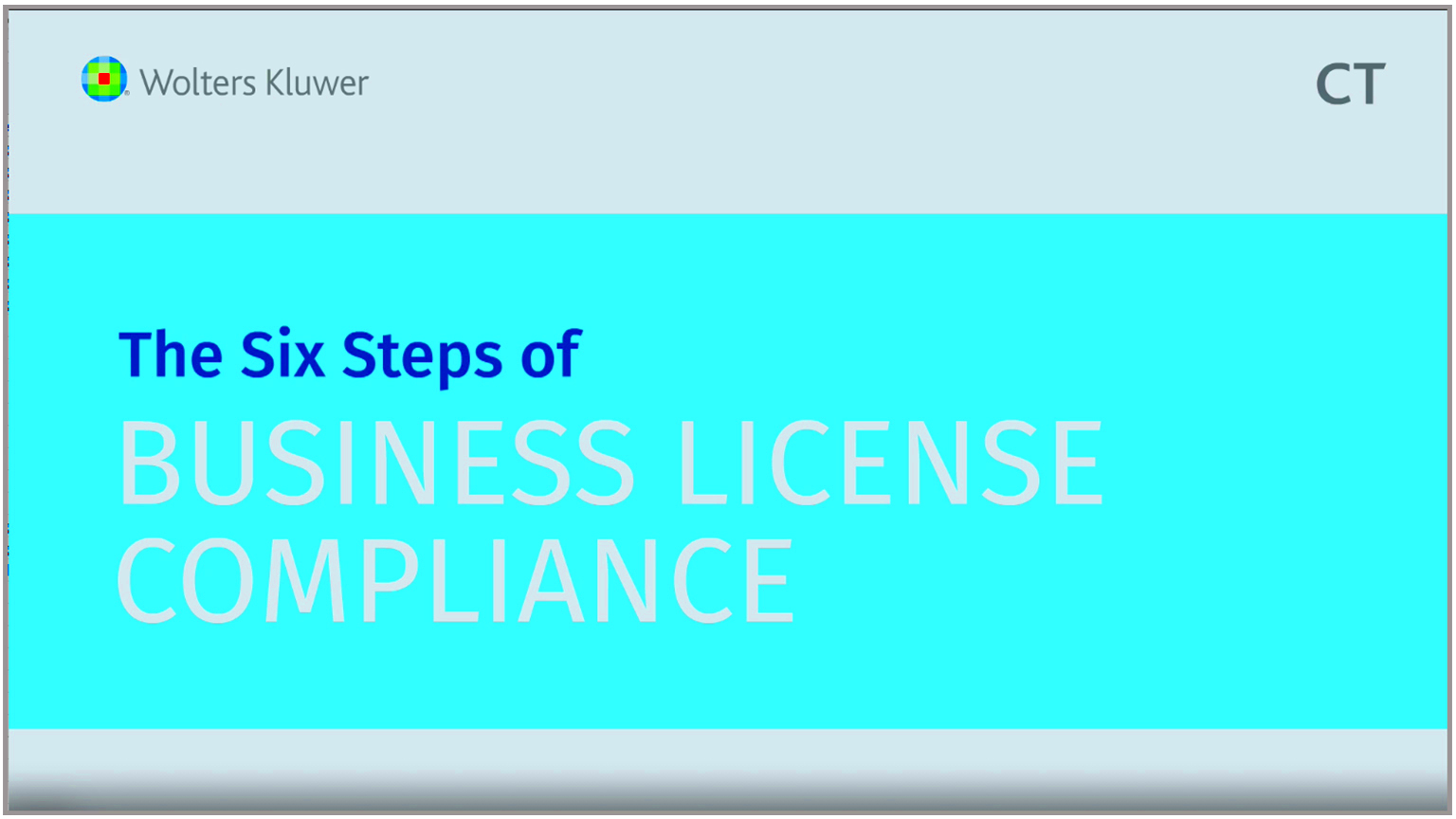Compliance with California’s Business Licensing Laws
California is known for its vibrant economy and diverse business landscape. However, starting and operating a business in the state comes with specific legal responsibilities. One of the most important aspects is compliance with business licensing laws. These laws ensure that businesses operate within the legal framework, maintain industry standards, and protect consumers. Understanding these laws is essential for anyone looking to start or manage a business in California.
Types of Business Licenses in California

California offers various business licenses, each tailored to different types of businesses. Here are the main categories:
- Business Operating License: Required for almost all businesses operating within a city or county.
- Professional License: Necessary for professions like doctors, lawyers, and engineers, ensuring practitioners meet specific standards.
- Special Permits: Needed for businesses in specific industries, such as food service, healthcare, and construction.
- Seller’s Permit: Required for businesses selling tangible personal property, allowing them to collect sales tax.
- DBA Registration: “Doing Business As” registration is needed if a business operates under a name different from its legal name.
Each license has its own set of requirements, fees, and renewal processes, so it’s crucial to identify which licenses apply to your specific business.
Steps to Obtain a Business License

Obtaining a business license in California may seem daunting, but it can be broken down into simple steps. Here’s a guide to help you through the process:
- Research Requirements: Start by determining what type of license your business needs. Check with local and state authorities for specific regulations.
- Prepare Documentation: Gather necessary documents, such as proof of identity, business structure, and any permits required for your industry.
- Fill Out Applications: Complete the appropriate application forms. You can often find these on local government websites.
- Pay Fees: Be ready to pay any applicable fees, which can vary significantly depending on the type of license.
- Submit Your Application: Once everything is ready, submit your application either online or in person at your local business office.
- Await Approval: After submission, there may be a waiting period. During this time, authorities may conduct background checks or inspections.
- Renew Licenses as Needed: Remember that licenses typically require renewal. Keep track of expiration dates to ensure ongoing compliance.
Following these steps will help streamline the process and ensure that you meet all legal requirements to operate your business successfully.
Understanding Local vs State Licensing Requirements

When starting a business in California, it’s crucial to understand the difference between local and state licensing requirements. While state laws set the baseline for what’s required to operate a business, local governments often have additional rules that can vary significantly from one city or county to another. This can sometimes lead to confusion for new business owners.
State licenses are typically required for specific professions, such as real estate agents or medical practitioners. Local licenses, on the other hand, are generally required for all businesses operating within a specific city or county. Here’s a quick breakdown:
- State Licensing:
- Applies to specific professions.
- Enforced by state agencies.
- Examples include barbers, contractors, and healthcare providers.
- Local Licensing:
- Applies to all businesses within a city or county.
- Enforced by local authorities.
- Can include business operation licenses, signage permits, and health permits.
To ensure compliance, always check both local and state requirements. Some businesses may need to obtain multiple licenses, so it’s wise to create a checklist of what you need before opening your doors.
Common Challenges in Compliance
Navigating the licensing landscape can be tricky for many business owners. Here are some common challenges faced when trying to comply with California’s business licensing laws:
- Understanding Requirements: With numerous licenses and permits needed, figuring out what applies to your business can be overwhelming.
- Varying Regulations: Different cities and counties may have conflicting regulations, making it hard to keep track of what you need.
- Application Processes: Some licensing applications can be lengthy and complicated, leading to frustration and delays.
- Renewal Deadlines: Forgetting to renew a license can result in fines or being unable to operate your business legally.
- Costs: The fees associated with obtaining and renewing licenses can add up, especially for new business owners.
To overcome these challenges, consider seeking professional advice or consulting with a business mentor who understands the licensing landscape. It’s always better to be informed and prepared!
Resources for Business Owners
Starting and managing a business in California doesn’t have to be a solo journey. Numerous resources are available to help you navigate the complexities of business licensing:
- California Secretary of State: The official website provides essential information about state licensing and permits.
- Local Chamber of Commerce: Your local chamber can offer guidance on community-specific requirements and help with networking.
- Small Business Development Centers (SBDCs): These centers offer free business consulting and training services, including help with licensing.
- Business.gov: A comprehensive online resource for federal, state, and local business information, including licensing requirements.
- Legal Assistance: Consulting with an attorney who specializes in business law can help clarify any confusing regulations and ensure compliance.
Don’t hesitate to reach out for help when you need it. Using these resources can save you time, money, and headaches in the long run!
Importance of Staying Updated with Licensing Laws
Staying updated with licensing laws in California is vital for any business owner. Laws and regulations can change frequently, affecting everything from application processes to compliance requirements. Ignoring these changes can lead to costly penalties, including fines or even the suspension of your business operations.
Here are a few reasons why keeping up with licensing laws is essential:
- Avoid Legal Issues: Non-compliance can result in legal troubles that may jeopardize your business.
- Maintain Good Standing: Regularly updating your licenses and permits ensures your business remains in good standing with local and state authorities.
- Enhance Reputation: Businesses that comply with all laws are viewed more favorably by customers, which can lead to increased trust and sales.
- Adapt to Industry Changes: New regulations may come into play that could directly affect your business operations, making it crucial to adapt accordingly.
- Seize Opportunities: Being aware of licensing updates can help you take advantage of new business opportunities or incentives offered by the government.
Regularly reviewing local government websites and participating in business associations can help you stay informed. Remember, knowledge is power when it comes to compliance!
FAQ about Business Licensing in California
Here are some frequently asked questions regarding business licensing in California, which might help clarify any uncertainties:
- What is a business license? A business license is a legal authorization that allows you to operate your business within a specific jurisdiction.
- Do all businesses need a license? Most businesses require at least a local business license, but additional licenses may be necessary based on your industry.
- How long does it take to get a business license? Processing times vary, but it can take anywhere from a few days to several weeks, depending on the type of license and local regulations.
- Can I operate my business without a license? Operating without the required licenses can lead to fines, penalties, or even closure of your business.
- How do I renew my business license? Most licenses can be renewed online or in person, but it’s essential to check the specific renewal process for your locality.
If you have more questions, don’t hesitate to reach out to local business support organizations or legal advisors for assistance!
Conclusion on Compliance with California’s Business Licensing Laws
In conclusion, compliance with California’s business licensing laws is crucial for the success and sustainability of any business. By understanding the different types of licenses required, navigating the application processes, and staying informed about changes in regulations, business owners can avoid legal issues and build a solid foundation for their operations.
As a business owner, your focus should be on serving your customers and growing your business. By ensuring that your licensing is in order, you can concentrate on what you do best without the fear of running into compliance problems. Remember, resources and support are available to help you navigate this complex landscape.
Stay proactive, informed, and compliant, and your business will be well on its way to success in California!


